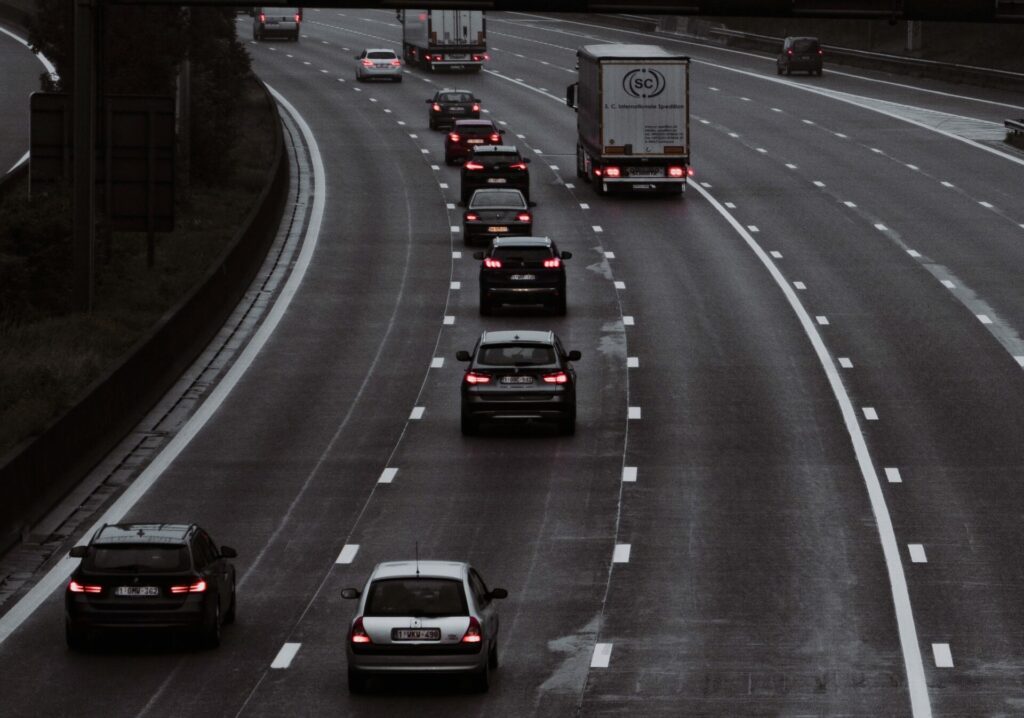The share of diesel vehicles on both the Belgian used and new car market is rapidly declining, according to statistics from Traxio.
The price of diesel at the pump has become increasingly expensive, surpassing the price of ordinary petrol. Diesel, once billed as a cleaner and more economical alternative to petrol, is becoming increasingly unpopular and unaffordable. The gap has widened between the two fuel types. Of vehicle registrations in Belgium, only 40.7% were for diesel vehicles, versus 52.1% for petrol.
Vehicles running on other fuel types still represent a fraction of the total vehicle market in Belgium, but their share is growing steadily. 42% of new cars are now hybrids, and used hybrid vehicles have risen to 5.3% of vehicles registered in Belgium.
Certain brands of electric vehicles, such as road vehicles manufactured by American giant Tesla, have almost doubled since 2009. Tesla’s competitor, Swedish electric car company Polestar, has equally recorded an almost 75% increase in registration in Belgium, according to statistics from the Belgian Federation of Automobiles and Bikes (Febiac).
Related News
- 96% of EU city dwellers exposed to poor air quality
- Low-carbon fuels is a key ingredient for climate neutrality by 2050, experts say
Diesel has recently gained a reputation as a dirty fuel source. While burning diesel creates lower levels of Carbon Dioxide (CO2) emissions, it also creates high concentrations of nitrogen oxides (NOx) and other particulate matter.
Breathing diesel exhaust fumes is associated with lung cancers and bladder cancer. The fumes are classed as a group 1 carcinogen and tend to negatively impact those living in built-up urban areas.
In January, Brussels banned Euro4 diesel vehicles from its Low Emission Zone (LEZ) in order to reduce air pollution and increase air pollution in the city. This means owners of vehicles once approved under Euro 4 standards are effectively banned from driving within 19 Brussels municipalities.

